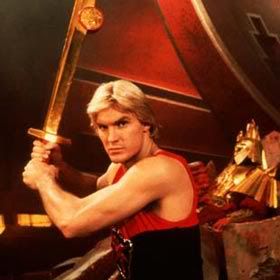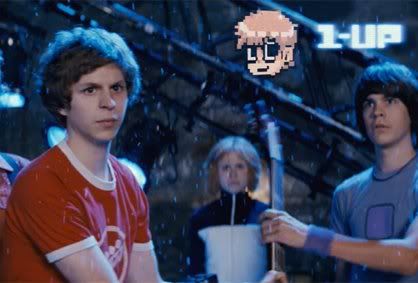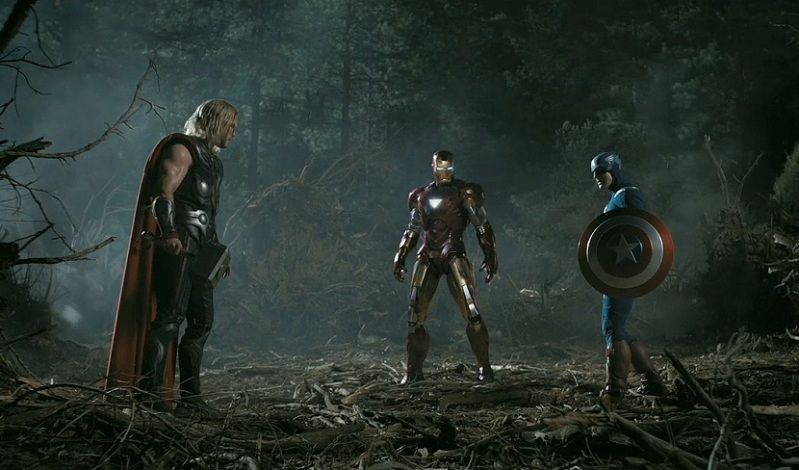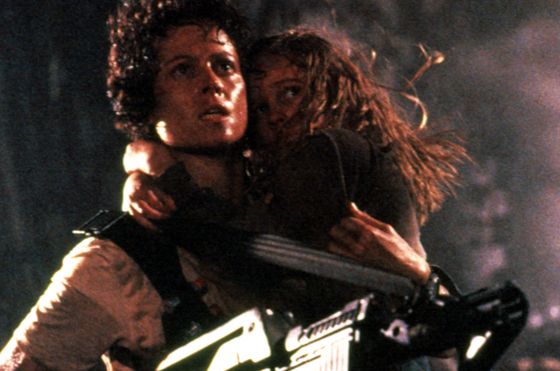
Meet John Rogers. You may know him as the writer for projects like Leverage. He’s also a stand-up comic, video gamer, and dissector of storytelling. In playing Fiasco with Wil Wheaton, he’s conveyed three of the best rules for storytelling I’ve heard since I’ve tried to memorize most if not all of the advice distributed by Chuck Wendig. I’m going to run down these three very simple but very potent questions.
Who wants what?
Everybody wants something. I’m not just talking in the metaphysical “what do I want out of live” sort of way. We all have needs and desires in the moment, from a cheese sandwich to a couple of Tylenol to enough money to pay our debts to that attractive person’s phone number. Any one of these can be the beginning of a story, and they’re pretty simple. Needs and wants can be even greater: nuclear launch codes, or a million dollars, or revenge for a wrongful death, or the solution to a murder. When you boil it down, any character you care to name, protagonist or antagonist, good or evil, likeable or despicable, is driven by a singular, overarching desire and a goal to go with it.
Why can’t they have it?
If everybody just got what they wanted, that’d be pretty boring. There would be no story. So something must come between our characters and what they want. Do they want a cheese sandwich? Sorry, the fridge has no cheese. A killer is going to be elusive. An escape route is going to be blocked. There has to be some sort of obstacle between the character and their goal. The obstacle’s job is to create the drama that will fuel the story and heighten the tension between your characters. As interesting as characters can be on their own, they’re all the more compelling because of their struggles.
Why should I give a shit?
The conflict and tension generated by multiple characters struggling towards what they want can be interesting in and of itself, but to be truly good at the craft, you need to make your audience care about more than the overall drama. Personal investment in characters makes their struggles more compelling, their victories more rewarding, their failures more tragic. The guy after the cheese sandwich might not have eaten all day, heartsick over losing a loved one. Do we understand why the would-be terrorist wants the launch codes? Did the murderer kill someone close to our hero, who is now more interested in revenge than justice? Is the gangster trying to escape because he needs to get to his kid, to make sure they’re safe and won’t grow up into a life of crime? Do something to make the characters motivated beyond the basic need or want you’ve established; in other words, make them people.
These are simple rules you can apply to just about any story you want to tell. “X wants Y because Z” may seem like a straightforward, almost formulaic way to establish characters and motivations, but establishing this in your story will lay the foundation for a compelling and memorable experience for the audience. The better fleshed out your characters, their desires, the obstacles that stand against them, and the drive that will push them into, over, or through those obstacles, the better your story will be.
Follow John Rogers on twitter (@jonrog1) and check out his breakdown on the process behind Leverage here Kung Fu Monkey.







